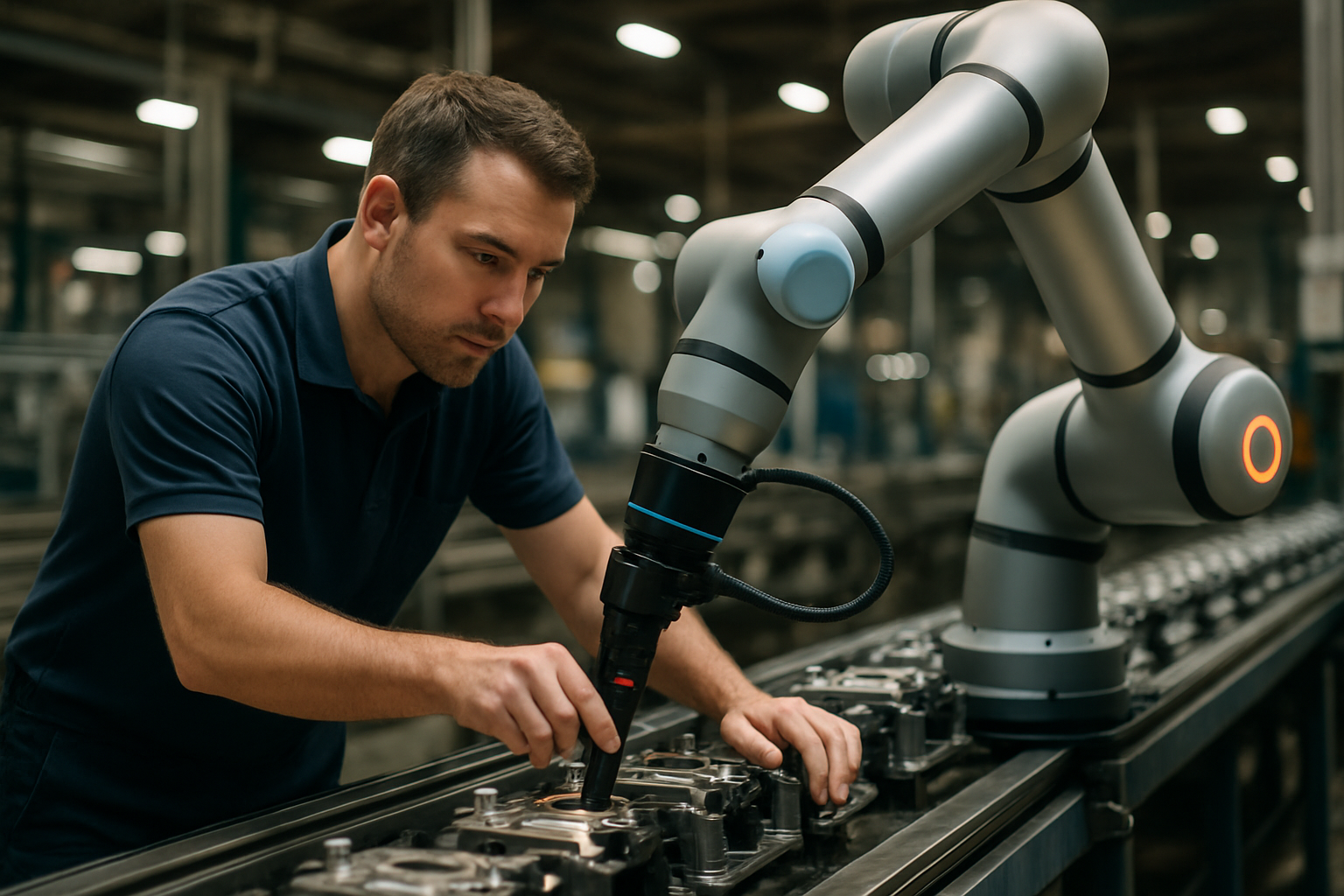Career Paths and Training for Manufacturing Jobs
The manufacturing sector offers a wide range of roles from hands-on production to technical and managerial positions. Manufacturing jobs today combine traditional skills with modern technology, creating pathways for people with varying levels of education and training. Whether you are entering the workforce, shifting careers, or returning after a break, understanding role types, available training, and how the industry is evolving can help you plan a sustainable career.

What types of manufacturing jobs exist?
Manufacturing covers assembly line work, machine operation, quality control, equipment maintenance, engineering, and supply-chain roles. Entry-level positions often include production operator or assembler, while skilled trades such as machinist, welder, and electrician require specific hands-on training. Technical and white-collar roles include process technician, industrial engineer, and operations manager. Many plants also hire for inspection, logistics, and health and safety positions. Job duties range from repetitive tasks to complex troubleshooting and process optimization, so written and practical skills both matter.
How can education shape your manufacturing career?
Education levels in manufacturing vary from high school diplomas to bachelor’s and advanced degrees. Vocational certificates and associate degrees prepare workers for technician and trade roles, teaching applied math, blueprint reading, and equipment use. A bachelor’s degree in engineering, supply chain, or manufacturing management supports advancement into design, planning, or supervisory positions. Ongoing education—such as short courses in automation, robotics, or quality systems—can be crucial as plants adopt digital controls and data-driven practices. Employers increasingly value a mix of formal education and applied experience.
What training options are available for workers?
Training options include apprenticeship programs, community college certificates, in-house training, and industry-recognized certifications. Apprenticeships combine paid on-the-job learning with classroom instruction and are common for trades like machinist and electrician. Community colleges often offer programs focused on CNC operation, welding, or industrial maintenance. Many manufacturers provide internal training for specific machines, safety procedures, and software systems. Online courses and vendor-led workshops can supplement hands-on training by teaching PLC programming, CAD basics, or predictive maintenance analytics.
How does the industry affect job prospects?
Industry trends shape which skills are in demand. Sectors like automotive, aerospace, electronics, pharmaceuticals, and food processing each emphasize different certifications, tolerances, and compliance standards. Automation and Industry 4.0 technologies are increasing demand for workers who can program and maintain automated equipment, analyze production data, and integrate systems. Global supply chain shifts and reshoring initiatives also influence regional hiring needs. Job prospects can vary by subsector and location, so understanding the specific industry context helps when planning training or seeking roles in your area.
Where to find local services and job search resources for a manufacturing career?
Local services that support manufacturing careers include community colleges, workforce development centers, trade unions, and industry associations. These organizations often list training schedules, apprenticeship openings, and local job fairs. Online job boards and company career pages advertise current openings and often indicate required education and certifications. For hands-on training, look for community workshops, manufacturer-sponsored classes, or equipment vendors that provide operator training. Networking with local manufacturers and joining professional groups can reveal unadvertised positions and mentorship opportunities.
Manufacturing careers often combine structured education, targeted training, and practical experience. Entry points range from short certificate programs to multi-year apprenticeships, while continued learning—especially in automation and quality systems—supports long-term advancement. The industry context, whether automotive, electronics, or food production, influences the specific skills employers value. By aligning education and training choices with the needs of local employers and industry trends, workers can build resilient careers that adapt as technology and processes evolve.






